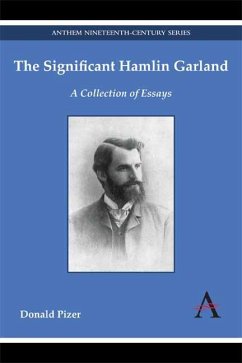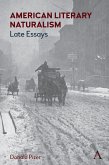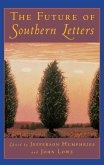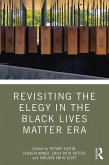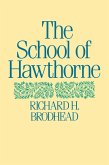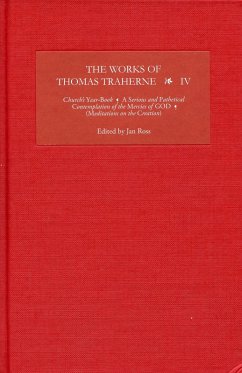In the preface to this volume, Pizer traces the overall coherence of Garland's early ideas and fiction. Garland, Pizer demonstrates, found in his reading of radical writers of the period an explanation of the hardships and limitations of prairie life that he had personally experienced; he then translated this union of concept and actuality into a powerful expressive tool in his acclaimed prairie fictions.
Pizer includes several of his late essays on Garland in this book, in which he suggests, on the basis of his own critical development, that Garland's finest writing dealing with late nineteenth-century Midwestern life also contains sexual and Edenic themes which transcend the immediate social and economic conditions of this period and help to explain the significance and lastingness of his early body of work.
Dieser Download kann aus rechtlichen Gründen nur mit Rechnungsadresse in A, D ausgeliefert werden.

